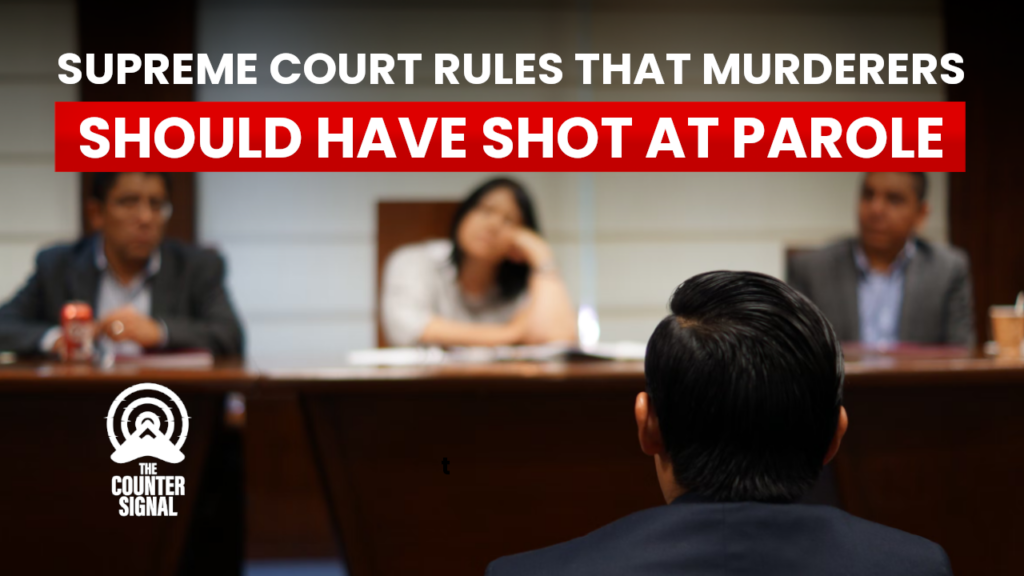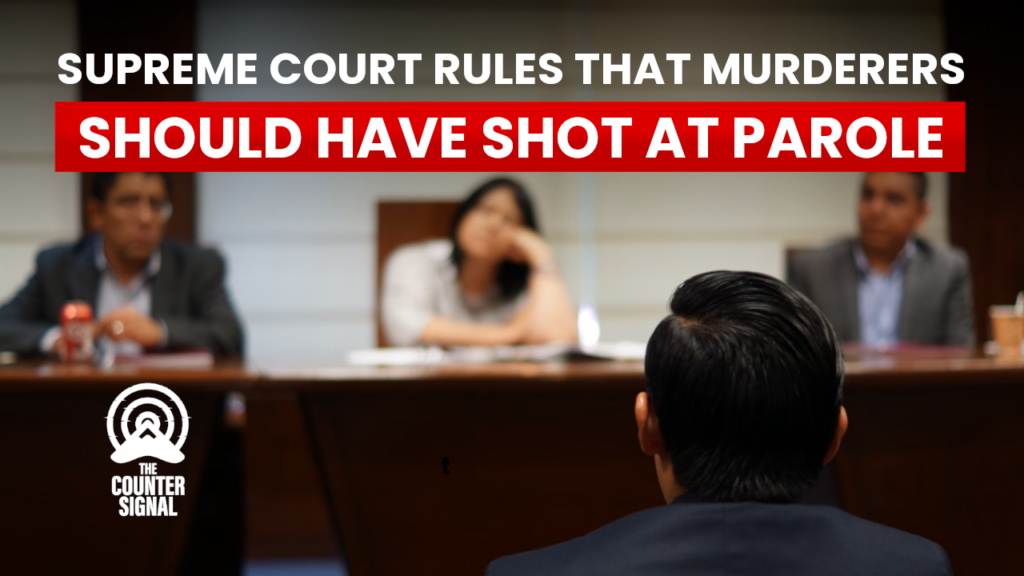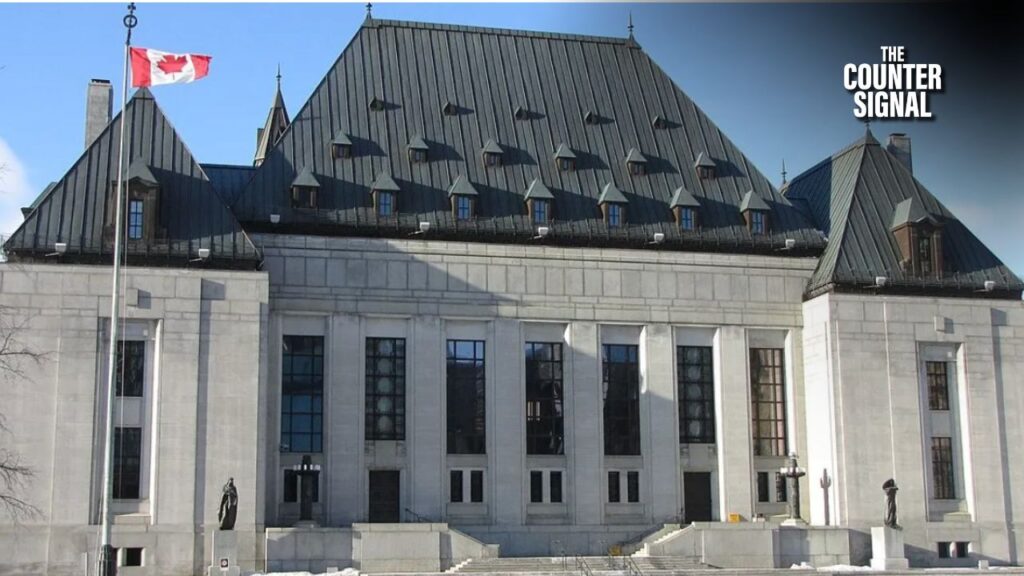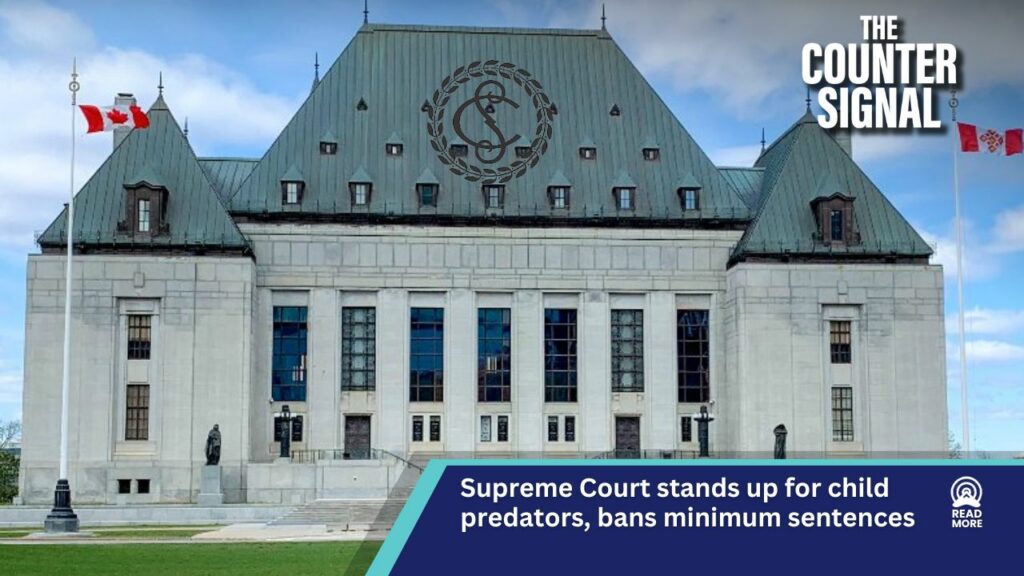The Supreme Court of Canada just opened the doors for the so-called justice system to go even easier on Canada’s vilest murderers.

As if the court system wasn’t soft enough, now even Canada’s worst murderers will have a chance at parole after a unanimous ruling found parole ineligibility for first-degree killers unconstitutional.
Supreme Court justices claimed that sentencing murderers to life prison terms with no parole was “degrading” to cold-blooded criminals.
“The conclusion that imposing consecutive 25-year parole ineligibility periods is unconstitutional must not be seen as devaluing the life of each innocent victim,” wrote the country’s highest court.
“This appeal is not about the value of each human life, but rather about the limits on the state’s power to punish offenders, which, in a society founded on the rule of law, must be exercised in a manner consistent with the Constitution.”
The ruling came in the trial of Alexandre Bissonnette, who murdered six worshipers at a mosque in Quebec City in a mass shooting spree.
Bissonnette will now be eligible for parole after serving 25 years in prison for the murders. His lawyer Charles-Olivier Gosselin said he was “extremely happy” with the judgement.
“I talked to my client, Mr. Bissonnette, and his family, and they are relieved,” said Gosselin.
“It was a long process of five years, so they can move forward now, look forward for the future and Mr. Bissonnette can have some hope now that he can take time to rehabilitate himself and… prove to himself and to other people that rehabilitation is possible even if we commit an extremely grave crime.”
Bissonnette was originally sentenced to serve 40 years in prison with no chance of parole for the killings.
The Supreme Court claimed that the sentence was “incompatible” with Bissonnette’s dignity.
“They are intrinsically incompatible with human dignity because of their degrading nature, as they deny offenders any moral autonomy by depriving them, in advance and definitively, of any possibility of reintegration into society,” the ruling claimed.
“Sentences of imprisonment for life without a realistic possibility of parole may also have devastating effects on offenders, who are left with no incentive to rehabilitate themselves and whose incarceration will end only upon their death.”













